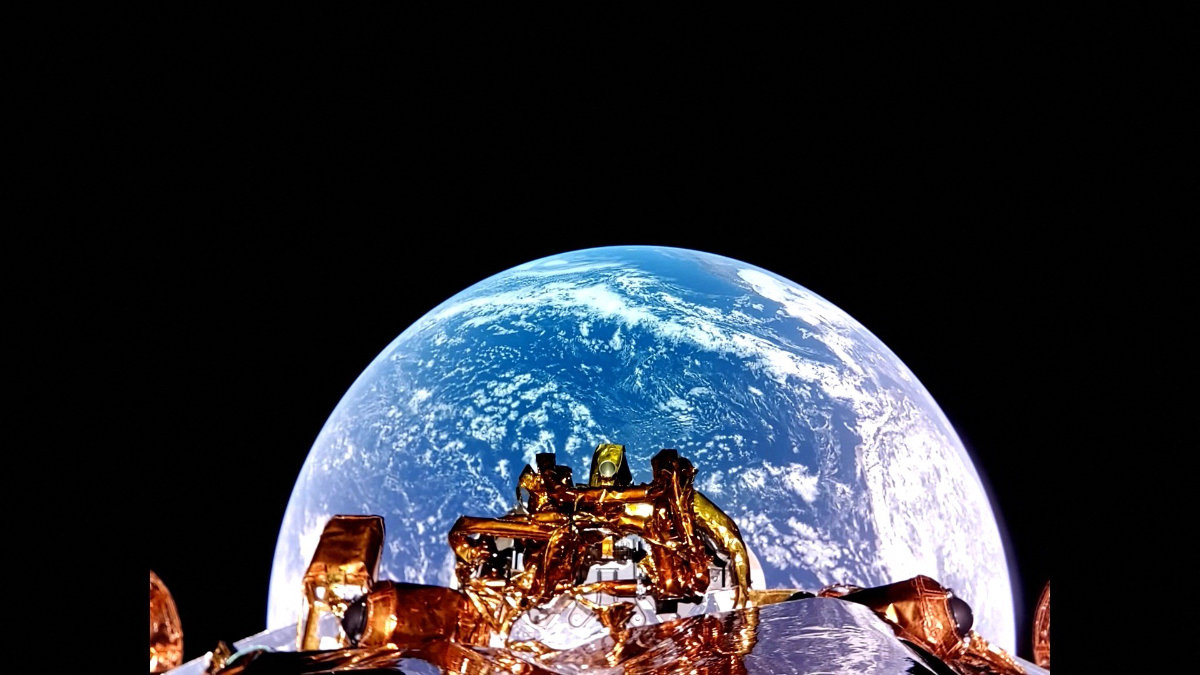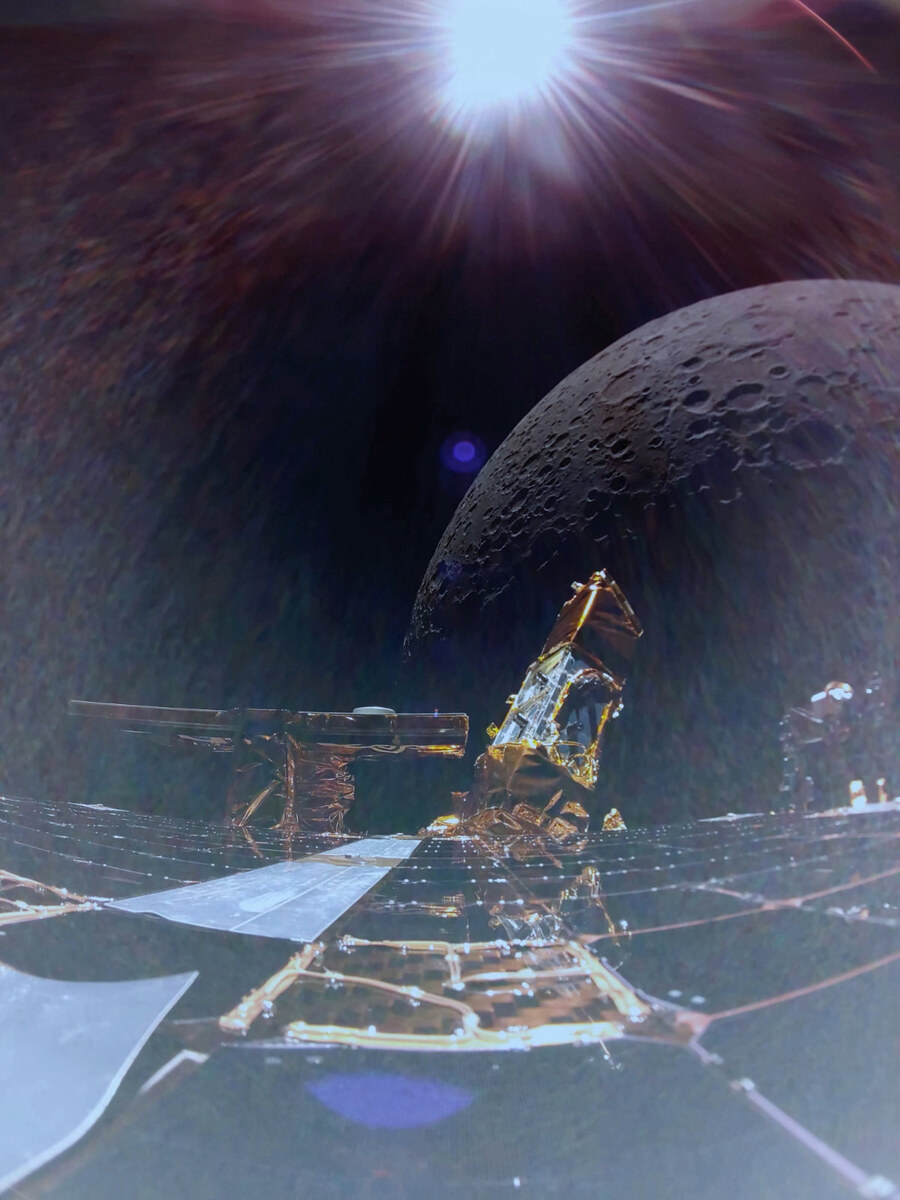Training an Arabic LLM that reflects local values

https://arab.news/rbgm4
Advances in the large language models that underpin generative AI are changing everything, from medicine and education to entertainment.
Our relationship with technology is becoming more intimate as machines change from passive tools into active assistants that amplify our innate human abilities.
This new era poses both a challenge and an opportunity for the Middle East.
The challenge is that leaders in this new field, like OpenAI’s ChatGPT and Google’s Gemini, come from Silicon Valley, or from China, where my team at 01.AI has built models that rival the Americans. In Europe, too, startups such as France’s Mistral have entered the race.
The opportunity is for the Middle East to join this league and make sure its voice is heard.
Inspired by my latest trip to Riyadh, I decided to test how the current crop of AI models would handle a simple request. I imagined myself as a young Saudi getting ready to host a dinner party and asked ChatGPT to prepare a menu.
The food it recommended sounded delicious — stuffed grape leaves, tabouleh salad, mandi and stuffed dates. But the beverages were a problem.
Aside from drinks such as mint lemonade and jallab, a mixture of dates, grape molasses and rose water, ChatGPT also offered this: “For alcoholic beverages, you could offer a selection of international wines, beers, or non-alcoholic mocktails.”
To its credit, when I repeated the question, it offered only non-alcoholic drinks.
If a model recommends breaking both the law and cultural norms, imagine how it might answer other more sensitive questions about politics or religion? Indeed, researchers have even shown that some models have exhibited an anti-Muslim bias.
My modest test underlines the urgent need to develop an Arabic large language model that reflects local values.
The first step to building this is creating enough high-quality Arabic digitized data to properly train a new generation of models.
Although there are 400 million Arabic speakers, only an estimated 2 percent of online content is in Arabic. Meta’s open source LLM model Llama is overwhelmingly trained on English data, with Arabic comprising less than 0.1 percent of the data.
The lack of data naturally skews the results. To fix this dearth of data, either a visionary entrepreneur or a government-backed organization should collect, digitize and convert the many Arabic books into training data for Arabic models.
Once the data is gathered, it can be fed into the breakthrough pre-training process, which reads trillions of words and creates its own virtual concept space or model of the world. This concept space has been shown to be mostly in English and Chinese.
Adding a sizable number of texts in Arabic, which has enormous cultural output and significance, will make the concept space more knowledgeable about Arabic and more balanced in its concepts and views.
After such pre-training, the model needs to be fine-tuned by data and labels from the Arab world, which will align with the values of the region. Those are different from American models, which are aligned to US values, and Chinese models, which reflect Chinese values.
The collection of alignment data, the coordination of human labeling and the alignment process will need to be done in-region by AI experts.
A new Arabic-enhanced large language model could encourage entrepreneurs and developers to build new applications tailored to the needs of their nations.
Kai-fu Lee
Finally, safety modules will need to be added to ensure legal compliance and to avoid harm. These will also need to be developed locally.
The above steps will create localized, sovereign models that will reflect the traditions of the Middle East. Privately developed or government-backed, it could be the foundation for a new wave of Arabic AI innovation.
A new Arabic-enhanced large language model could encourage entrepreneurs and developers to build new applications tailored to the needs of their nations.
Imagine an AI tool that could find, summarize, organize and write insightful content, an AI teacher that makes learning fun and customized, an AI doctor that is more knowledgeable than any human, an AI engineer that can write software and applications, and an AI assistant that knows its owner better than the owner themselves.
The Arab world did not play a leading role in the PC, internet and mobile eras. In the AI era, it will be different.
This transformation is by no means an easy feat. It will require an unprecedented investment of money, energy and human capital.
Middle Eastern leaders like Saudi Crown Prince Mohammed bin Salman and others have shown that they have the vision, determination and resources to lead their countries into the future.
Standing on my hotel balcony in Jeddah recently, overlooking the King Abdullah University of Science and Technology, I saw part of that vision coming to fruition.
Universities such as KAUST and the Mohamed bin Zayed University of Artificial Intelligence in the UAE are striking examples of the resources that have already been poured into this transformation.
These world-class academic institutions can attract and retain the best top tier global talent. It is especially important to bring in the world’s best computer engineers to help fulfill this vision of the future AI.
Our team at 01.AI has shown what a group of talented and motivated computer scientists can achieve in just one year. With the right commitment of resources and drawing upon the best talent, countries like Saudi Arabia can easily catch up with their global peers.
The Middle East can also lead the world in the use of renewables to run power-hungry generative AI models.
As it seeks to diversify its economy, Saudi Arabia is actively promoting the use of alternative energy sources such as solar, which could power server farms and reduce their carbon footprint — a growing concern as AI becomes more widespread.
It may take time for countries to figure out their strategy for building a sovereign AI. But it is critical for the Arab world to quickly catalyze the creation of culturally appropriate LLMs and build a rich ecosystem to allow AI-powered Arabic apps to blossom.
A recent encounter with a female sales assistant at a computer store in Riyadh served as an apt reminder of what is at stake. Dressed in jeans and sporting a tattoo, she was a reminder of the transformative changes that the country is undergoing.
Where are you from, I asked. “I’m Saudi,” she said. “One day I want to be Saudi Arabia’s Elon Musk.” I hope on my next visit she will pitch me a homegrown AI app.
• Kai-Fu Lee is a computer scientist, CEO of 01.AI, chairman of Sinovation Ventures, former president of Google China, and author of “AI 2041” and “AI Superpowers”





























